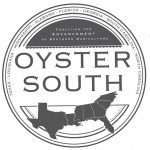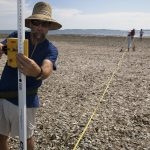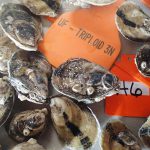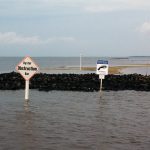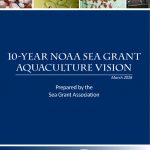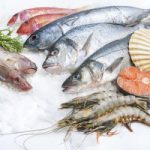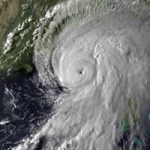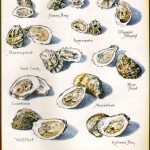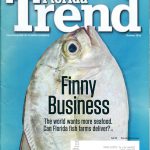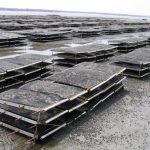
Online Shellfish Training Program Available
The Roger Williams University Center for Economic and Environmental Development is now enrolling students for Applied Shellfish Farming, a non-credit course offered during the winter/spring semester that teaches both aspiring shellfish farmers and aquaculture professionals the ins and outs of commercially growing oysters, quahogs, scallops and mussels. The 14-week program, led by Dale Leavitt, aquaculture extension specialist and Professor of Marine Biology at Roger Williams University, is designed to aid new and experienced shellfish farmers to start or grow their shellfish farming enterprise in Rhode Island and other areas of Southern New England. Topics in the course include: an overview


